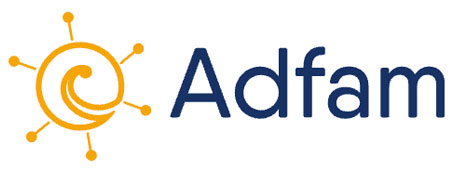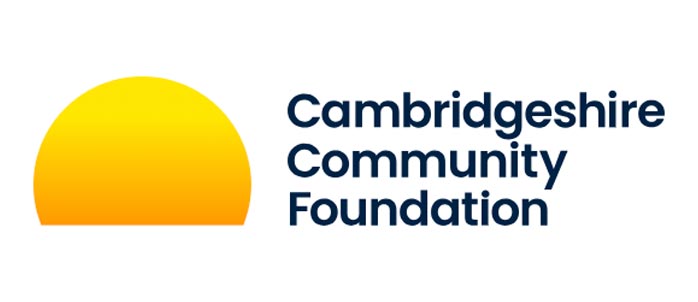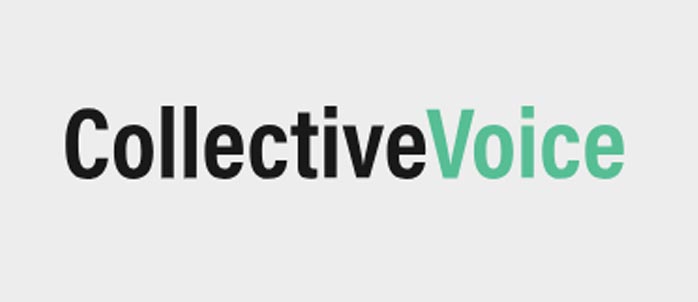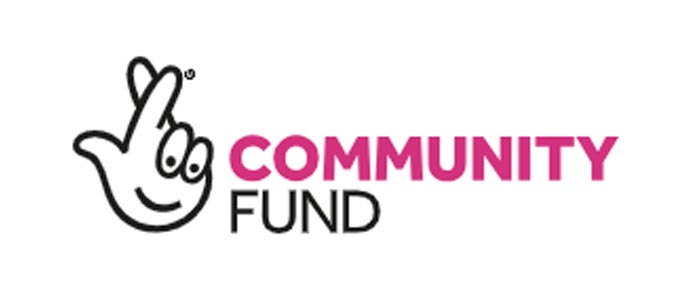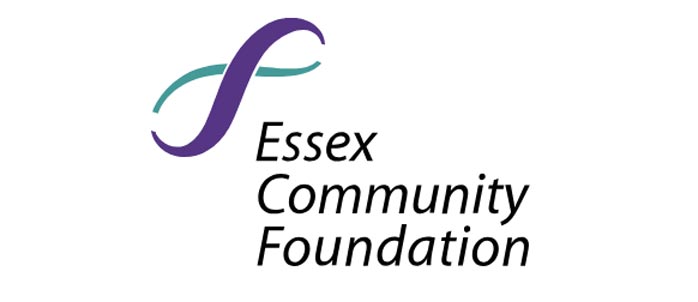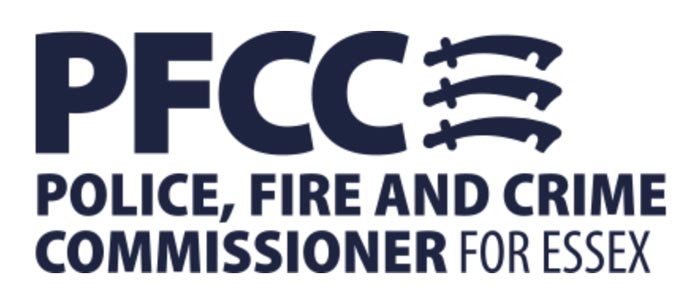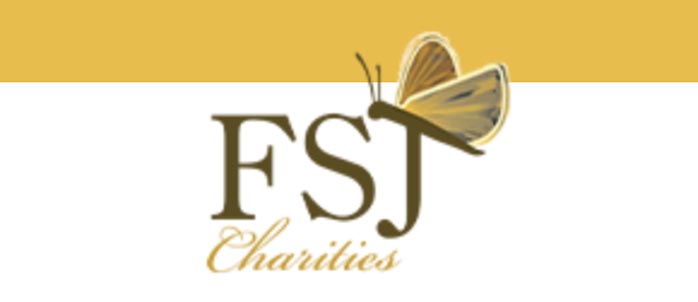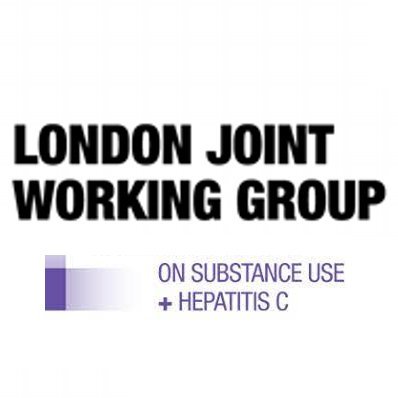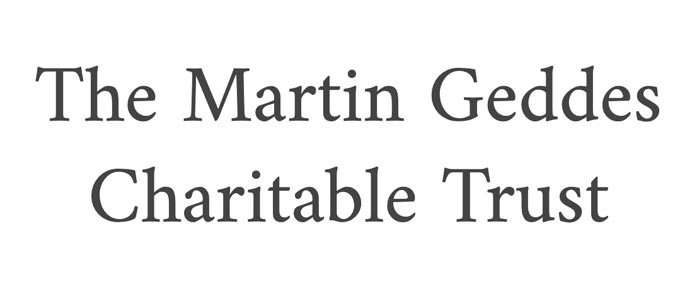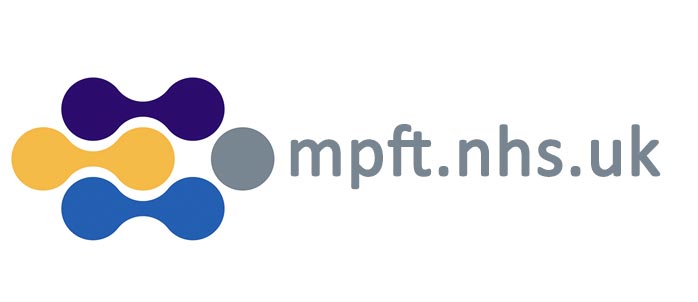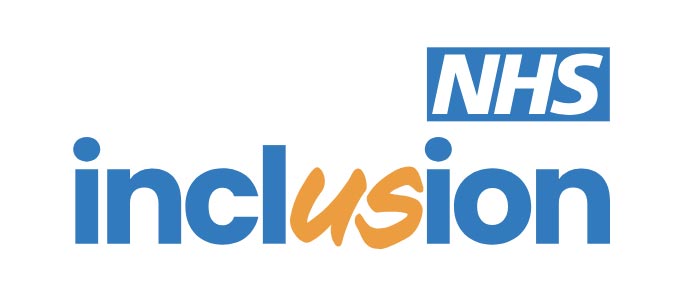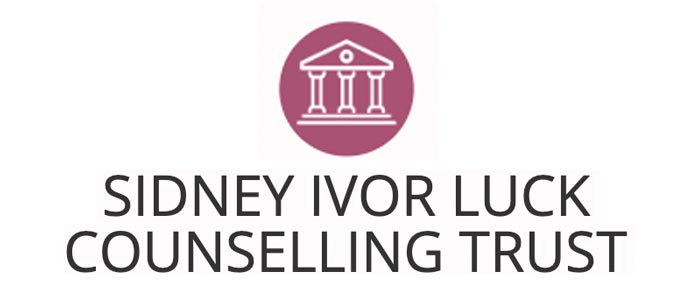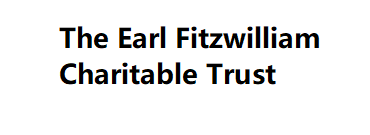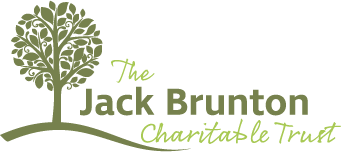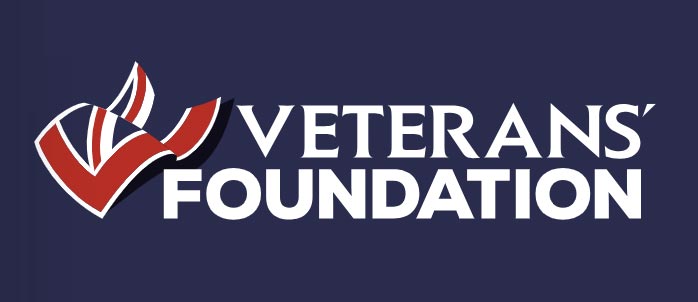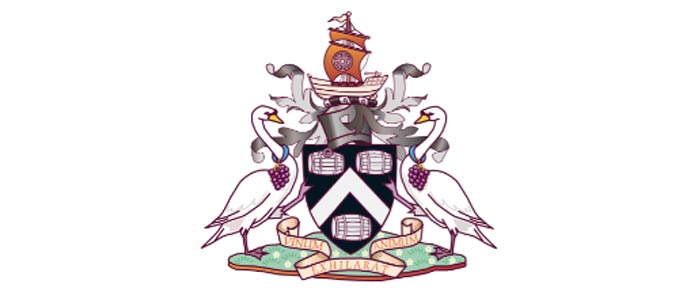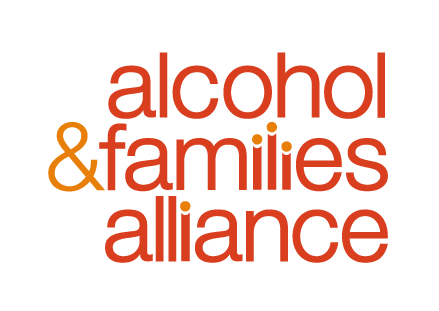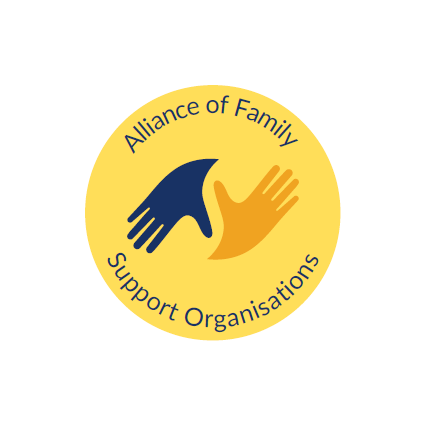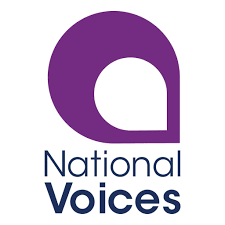MISSION STATEMENT
WHY WE EXIST?
Adfam is the leading families and addiction charity in England. We are here for all the millions of people affected by someone else’s drinking or drug use. These people are children, parents, friends, partners, siblings and grandparents.
Coping with someone you love experiencing these problems can cause physical, mental, emotional, social and financial distress. Substance use or gambling are often just one part of the story – so many also suffer mental ill health, domestic abuse and financial problems.
They may be afraid to speak out so they are hidden in plain sight. Adfam gives them a voice. More than five million people are affected in this country and we know how tough it can be, so we want to make their lives better.
Our vision at Adfam is that family members affected by substance use or gambling are heard, valued and have access to support; that’s why we do what we do.
WHAT WE DO?
- Support families by providing direct services
- Train the workforce so families can receive expert help
- Influence decision-makers and the public to recognise that families need support
- Give a voice to families
HOW WE DO IT?
- We listen to family members and front-line workers so they can tell us what we need to do to influence change
- We conduct research so all our work is evidence-based
- We are culturally inclusive to families from all backgrounds
WHAT WE WANT FOR THE FUTURE
We want a society where anyone affected by someone else’s substance use or gambling can receive support, feel included, and thrive.
The work Adfam does for loved ones and family who find themselves in supporting roles is immense. I am always moved by how much support loved ones and family members are prepared to give and I am always impressed by the practical and thoughtful ways Adfam supports them.
Fi Glover – Broadcaster and Adfam Patron
TEAM
Senior Management Team
Omar Amin, Director of Finance and Administration
Becky Allon-Smith, Director of Programmes
Kersti Dolphin, Director of Services
Policy and Communications
Support Services
Mary Carter, Family Support Lead (East Sussex)
Clare Parsons, Senior Family Support Coordinator (East Sussex)
Ilaria Longo, Family Support Coordinator (East Sussex)
Trustees
Paul Hayes (Chair) was the CEO of the National Treatment Agency from 2001-2013, before setting up and leading Collective Voice as Director from 2015-18.
James Armstrong (Vice Chair) is Director of Marketing and Innovation at Phoenix Futures.
Dr Ruth McGovern is Senior Lecturer in Public Health Research at Newcastle University
Fiona Valansot is a dual-qualified senior finance lawyer.
Madeleine Durie is Chief Executive of Youth Options which supports children, young people and families in Hampshire and Southampton to reduce social exclusion.
Mark Guymer is CEO of Cancer Support UK, a charity that provides practical and emotional support to people living with cancer.
Lived Experience Advisory Group (LEAG)
Adfam’s LEAG is made up of family members with experience of being affected by a loved one’s drug, alcohol or gambling problem.
The purpose of the LEAG is to provide advice, guidance and evidence to inform the Board of Trustees’ strategic decision-making and Adfam’s operational activities. It is also a valuable resource for Adfam team members to draw on for campaign, communications and advocacy activities.
Patrons
Fi Glover (Patron)
Fi Glover is a multi-award winning broadcaster and writer currently co-hosting new radio programme and podcast Off Air with Jane and Fi on Times Radio. Fi worked for the BBC for many years and presented a number of popular shows, including landmark BBC Radio 4 series The Listening Project, and the award-winning Fortunately which she co-hosted with Jane Garvey, along with My Perfect Country for the BBC World Service. Fi has been Adfam’s Patron since 2015, and regularly supports Adfam’s work.
Dan Carden MP (Ambassador)
Dan Carden, has been the Member of Parliament for Liverpool Walton since 2017, and Adfam’s Ambassador since 2021. In 2021 Dan shared his own experience of alcohol dependency and impact on his family in a powerful speech in the House of Commons, and has been a huge advocate in raising awareness of the challenges people affected by substance use and their families face. Dan is also Chair of the Drugs, Alcohol and Justice APPG, Vice Chair of the APPG for Alcohol Harm and a Commissioner on the Commission on Alcohol Harm.
Deidre Sanders (Ambassador)
Deidre Sanders is the agony Aunt for ITV daily programme, This Morning, and was author of The Sun’s long running ‘Dear Deidre’ agony aunt feature column from 1980 until 2020. Deidre is very familiar with the effects of addiction on family life, as both her parents had a drink problem. Deidre has been an ambassador for Adfam since 2023.
INFLUENCING FOR CHANGE
ALCOHOL AND FAMILIES ALLIANCE (AFA)
The Alcohol and Families Alliance (AFA) is an alliance of organisations from across the voluntary and statutory sectors united in reducing the harms experienced by families as a result of alcohol by developing and influencing policy. Adfam provides the secretariat and it is chaired by Eric Appleby.
The AFA believes that:
• Current policy does not sufficiently protect children and families from alcohol related harms.
• The misuse of alcohol can have serious and detrimental effects on the health and well-being of children and families.
• The negative effects of alcohol on children and families are not necessarily confined to those incurred by drinkers diagnosed as hazardous, dangerous or dependent.
• We should encourage an open conversation about alcohol and its effects on families, that challenges stigma and stereotypes.
• We should encourage an open conversation about alcohol and its effects on families, that challenges stigma and stereotypes.
• Families deserve help and support to understand the potential impact of alcohol on their family and relationships.
The more organisations are involved with the Alcohol and Families Alliance, the more powerful its voice is. Organisations are welcome to join which carry out membership, policy or good-practice work in the children and families, or drug and alcohol sector, as are individual (such as academics) with a specific interest in this field. Organisations wishing to join should be represented by a senior employee – for instance Head of Policy or Operations, or the Chief Executive.
If you are interested in becoming an AFA member please get in touch via email at admin@adfam.org.uk
ALCOHOL AND FAMILIES ALLIANCE MEMBERS
Steering group members:
- Adfam
- Institute of Alcohol Studies
- Alcohol Change UK
- Scottish Families Affected by Alcohol and Drugs
- Nacoa
- Turning Point
- CGL
Members:
- Action for Children
- Action on Addiction
- Addiction Family Support
- Addiction Professionals
- AFINet
- Agenda
- Alcohol Action Ireland
- Alcohol Focus Scotland
- AlcoHELP
- ANA Treatment Centres
- Aquarius
- Balance NE
- Become
- Bottled Up
- C3 Foundation
- The Children’s Society
- Collective Voice
- Compass UK
- Family and Childcare Trust
- Cranstoun
- Early Break
- European Birth Mother’s Network
- FASD Network
- Family Action
- FDAC National Unit
- Forward Trust
- Humankind
- Inclusion
- Kinship
- North Tyneside Council
- NSPCC
- Parent Support Link (PSL)
- Quaker Action on Alcohol and Drugs (QAAD)
- SHAAP
- Sinclair Method UK
- St Michael’s Fellowship
- Tina Goldberg Centre
- University of Greenwich
- University of York, Department of Health Sciences
- Via
- We Are With You
As well as the organisations below the AFA has the following individuals as members:
- Eric Appleby (Chair)
- Naomi Eisenstadt, University of Oxford
- Lorna Templeton, Independent Research Consultant
- Tracey Harding, University of Plymouth
- Sam Wright, Manchester Metropolitan University
MEDIA TOOLKIT
A Media Toolkit is a resource for journalists and editors looking to report on alcohol and drugs with dignity and respect.
The toolkit includes:
5 KEY RECOMMENDATIONS FOR JOURNALISTS AND EDITORS
Imagery
- Images of alcohol and drugs should only be used where appropriate in articles.
- Images of people in vulnerable conditions – including whilst drunk or unconscious – are stigmatising. These images should always be avoided.
- Articles about alcohol harm should not contain images which make drinking seem glamorous, sociable, or appealing.
- Drug paraphernalia should only be used where the context is informative.
- Images should tell the human side of the story in a positive and responsible way. Photos of interview subjects, support services, and/or the community featured in the report should be used instead.
Language
Stigmatising language such as ‘user,’ ‘addict’ and ‘alcoholic’ should be kept to a minimum. Journalists and editors should use language appropriately, referencing interview subjects as parents, professionals and so forth. Interview subjects should be asked how they would prefer to be described.
Examples of best practice include saying ‘substance use’ instead of ‘substance abuse’. Words like ‘druggie’ or ‘junkie’ should always be avoided.
Case Studies
There are many people who are happy to share their stories in a bid to help others to find support. Some people may prefer to share their experiences anonymously and this should be respected by the journalist.
Journalists and editors should spend time getting to know people and learning more about their experiences. Interview subjects deserve to be treated as humans. A person’s story might be ignored because it is not ‘interesting enough’, but all stories are worth telling if they can help others into recovery.
Interview subjects should be offered copy approval of their own quotes and contributions.
Support Information
Support information should always be included in any article that is reporting on alcohol and/or drugs.
Education and Stigma
Lived experience stories will not only be more compelling for readers but will actually help others. By including honest accounts of alcohol/drug use and recovery you can promote the message that people can and do recover.
People usually remember a story more vividly if it reflects the human experience, helping readers to relate and empathise more with those involved.
There are many support groups and recovery communities that are happy and willing to speak to journalists. We recommend that journalists and editors reach out to groups and communities to learn more about their work.
ADVICE ON BEST PRACTICE FOR INTERVIEWS
The following two interviews tell the personal experiences of a family member and a person in recovery who has been interviewed by journalists several times. They share their positive and negative experiences with the media. They also share some thoughts on how journalists and editors could approach people who are willing to share their stories.
Sandra’s Story:
Q: Tell us about your experiences with the media.
Sandra: Over the last few years, since I’ve started Midlothian Family Support Group and then Families Campaign for Change, the media have been interested in what I’ve got to say because I have put my name and my voice out there.
I don’t hide my anonymity and I don’t hide the fact that I’m a mum of three recovering addicts and there’s always a story wanted round about the times of the drug deaths being announced. The media jump on that like it’s an annual event and every newspaper and every television programme, my phone goes like mad the day before it and the morning of the announcement.
And I feel quite sad that that’s when they choose to go and make it so public but the biggest thing that I don’t like and I now am able to say it…when they’re introducing these stories in the newspaper and the television, this showing needles, spoons and paraphernalia…that’s what really upsets me. To see that they’ve never moved away from that over the years, that’s all you ever see and they’re still doing it. That’s the first thing they put up.
So to the general public, the feedback I get…that puts their backs up right away, and that starts the stigma immediately this paraphernalia is showing. Instead, show something more sympathetic, maybe a family in crisis, a photograph of a family, or someone in addiction in despair…that would I think would hit home, which the stigma campaign on the television just now I think that is really good. That’s working. But they need to change that to the media and the newspapers instead of this drugs paraphernalia.
So I would say probably from now on unless if I’m involved in an interview and that’s what they’re going to start it with, I’ll withdraw from doing it and I think that’s going to have to be a stance that we take to say we’ve decided we want this paraphernalia to be stopped as the first thing that comes up on the screen or on the front of a newspaper when you’re telling a story. Because behind the story of that paraphernalia is always very sad, it’s very upsetting to people to see how addiction affects our loved ones and the family and then you get the empathy and the shock and how serious it is but before people have got to that bit of the story…they’ve judged it already. So I think it would be quite easy to take a stance on that with the paraphernalia…that’s my biggest issue with it.
Not an issue with the journalist or the people that are interviewed me…I feel have been very compassionate and in a lot of the newspaper interviews I’ve done over the years, the reporters have told me they’ve had addiction in their own family and they could see me as their mum because I was in such despair and how I fought for my family to get the right services and treatment to help them get into recovery with the trauma they’ve had in their life. So I don’t find it particularly daunting with the journalists themselves and I have built a relationship with a few journalists that I now trust and I’m willing to go with interviews and documentaries that I’m now involved with, but I am making a stance regarding the way the first images come up on the television or on the newspapers to try and get them to stop this, the needles, the tinfoil, the substance…mostly heroin and tablets because that does affect the general public towards the stigma.
Q: You’ve shared your story quite a lot in very many outlets, what’s been good about sharing your story?
Sandra: I feel free. I’m not embarrassed. I’m not ashamed. I’m proud of my family. I’m proud of what they’ve achieved and once I got over the embarrassment, the shame of being a mum with addiction in the family, it was a release to be able to talk about it and it helps hundreds of other families with what I’ve done over the years and I mean hundreds. The amount of feedback I get and phone calls I get because I’m proud to put my name out there and share my story because I’m not embarrassed or ashamed. I’m so proud of my family for what we’ve achieved and we’ve done it as a family. My family couldn’t have done this without me and I couldn’t have done it without them. We’ve gained the strength of each other and it’s been a ripple effect…it’s a parallel path to recovery. The whole family needs to recover and that’s exactly what’s happened in my family because I’ve never stopped loving my family. I’ve never stopped supporting them. Sometimes I’ve not liked what’s happened and I don’t always agree with what’s happened but I’ve been there to love and support them and never stopped.
And I’m really proud today sitting at this time in 2022 to say my three girls are in recovery and doing amazing and we all support each other.
Q: If you could give advice to a journalist whose writing about addiction or recovery what would it be?
Sandra: My advice would be to come into the story with a very open mind and have compassion and understanding. If addiction was any other illness, like cancer or diabetes, the sympathy and the care and compassion would automatically be there when you mention these illnesses. The minute you mention addiction, stigma steps out right away. People are very opinionated, they actually don’t know anything about the story, or about addiction and how it affects a family, how it affects our loved ones in addiction. It is a disease of the brain but people don’t agree with that, they’ll say its a choice. It may be a choice to start with…but there is no choice. It’s addiciton and it needs help and support.
And if people had more empathy towards addiction and stopped showing the paraphernalia at the beginning of every story, the stigma would soon start to lif and people would maybe see what was bhind these stories. THe trauma that is behind nearly every addict; ther is always trauma behind their story. Mental helath issues are very serious in addiction and i think they need to have a wee bit of research and a wee bit of education before they come in with two boots to start making opinions on something that they actually really dont know about. Unless you’ve got addiction in your family and understand it, i think you are too opinionated.
Rod’s Story
Q: Tell us about your experiences with the media
Rod: So my name is Rod, I’m an alcoholic in recovery. I’ve just passed my birthday in recovery. So I’ve got a kinda mixed bag like a lot of people with experiences of the media and it’s something that I embraced very enthusiastically in early recovery. Don’t think I’m alone in wanting to tell my story. Wanting other people to know how excellent it is to be in recovery and also I don’t think I’m alone in being quite naive around my experiences with the media.
So for me, my first engagement with the media was having a small piece published in The Times in 2015 and it’s really only a year into my recovery journey. I remember being very enthusiastic about it and being quite excited. A little bit egotistical around getting my name in the paper. And when i read the piece, I remember being a little disappointed in the translation between what i said and what came out from the output from the journalist.
So for me, it was the use of some stigmatising language, it was a slight twist in the narrative around exactly what I had said and it was using descriptions of me that I wasn’t quite comfortable with. And I think that would be my biggest piece of learning around engaging with the media is losing control of the narrative. That is my big message. Because every time I had engaged with journalists, other than when I did a small piece on tv, I’ve been disappointed with what came out and if I could give anybody advice around doing this whether it’s a journalist or someone in recovery who wants to share their story, it would generally be quite positive in that it’s really good to have visible recovery. It’s personally very important to me that people know about my story and the fact that recovery from addiction is possible in Scotland but be very careful of losing control of the narrative because often what comes back isn’t quite what you said.
So in terms of my experience, I had that small piece published in The Times, I had a small piece in the local newspapers where I live in the Scottish Borders which was around getting an award from the Scottish Parliament which was interesting because I lost total control of that narrative and it really painted a different picture than the one I wanted.
I had an in-depth piece in The Scotsman around minimum pricing when that came out I think in 2017 which again was really good mostly, but some of it was the use of inappropriate language and again it was kinda mixed around the way I felt about it. The best experience I’ve had was doing a little piece on the local news around the use of anti-depressants for people in recovery which was…and I was really pleased with that. It was very sympathetically edited and because it was my words said by me, I was really happy with what I had said and I was also really happy with the bits he edited when I said kinda stupid things which we all do.
So I think generally speaking my advice to journalists is to be aware because for me my enthusiasm, my naiveite around engaging with the media, I think could bite a lot of people when they see what’s written about them and I think my advice to any journalist who was engaging with somebody in recovery, particularly people in early recovery, is to go through all the positives and negatives of having your story out there in terms of it being out there permanently and just ensuring that people are ready for any fallout there might be, which I wasn’t. And there was some fallout from family members and people in my local community. Nothing drastic, some of it was quite funny, and I’m quite happy to tell you about that, but that’s kinda the gist of my story really.
Q: You’ve shared your story quite a lot in very many outlets, what’s been good about sharing your story?
Rod: The good thing about sharing my story goes back to some of the stuff I just said really around…it’s always been important for me to get recovery…visible recovery out there, particularly in my local community. So I live in a very rural part of the South Borders in Scotland where we are not the most forward-thinking people and generally I think people with addictions would rather it was hidden and people didn’t know. There’s a lot of stigma around people who use drugs and alcohol in our communities, so for me, I’ve always wanted to say actually being in recovery is a really possible thing.
But interestingly…going back to the wee bit of tv that I did and it was just a little bit but it was really interesting for me because a few days after that or I think the next day, I was out in the local village where I live. I was putting my bin out the next day for the binmen to take away the next day and I met the old lady who lives two doors up from me who I’ve lived next door to for 20 years and she said ‘oh I saw you on the tv last night’ and I said ‘oh did you that was nice’ and she said ‘I never knew you were an alcoholic’ and I said ‘well there you go, you know now’ and she said ‘well yeah but you don’t look like one!’ So for me, that was really interesting because it was around challenging someone’s perceptions of what an alcoholic looks like and somebody actually realising it could be anyone. It could be a member of your family, it could be your brother, your sister, your best friend, who is affected by addiction. And that was massively powerful and the more stuff we can I think the better, particularly in the terrible state we’re in just now with drug deaths.
So just a little positive spin on my experiences which have generally been very good but I think we have to be very careful people in recovery through thinking it through.
Q: If you could give advice to a journalist whose writing about addiction or recovery what would it be?
Rod: It would be 100% clarity around the message that the person in recovery wants to give out. 100% clarity around being sure that that is definitely what they want to do. Because…and what I mean by that is, for me, I think that some stuff I have done in the past around some media stuff…particularly the article that I had in The Scotsman, I probably wouldn’t do that again. And if I was to do it again I would want to see it and have some input to it before it was published which most journalists are not keen to do and certainly the journalist…and it was a very sympathetic piece don’t get me wrong, it wasn’t attacking me in any way, but there was some use of language, there were some descriptions of me that I was uncomfortable about, and I think that it’s important to double-check with people exactly what it is you are saying about them and make sure that’s okay with them.
And I have said previously my first piece of advice to people in recovery around doing press and PR and all that would be don’t do it. And I have said that because I hear some horror stories around people being manipulated and the story not being quite right and all that.
PHOTOGRAPHY GUIDELINES
Images should tell the human side of your story in a positive and responsible way. Below is advice and examples from photographers who specialise in photographing alcohol and drugs for your articles.
Nigel Brunsdon
Nigel Brunsdon is a photographer and activist working with people who use drugs. His photography subjects are workers, advocates, people who use drugs and academics he has met around the world. Nigel’s work has been used by organisations both in the UK and internationally. He is always happy to discuss collaboration or exhibition opportunities. More examples of his work can be found on his website.



Image Descriptions (from top to bottom):
1. Anyones child
This image shows flowers made by parents who are part of Anyone’s Child, a group who have all experienced loss due to their adult children overdosing and who now campaign for a legalised drug supply. Each follower represents a life lost.
2. Equipment Knolling
A reprehensive selection of the equipment used to prepare and inject drugs
3. Injecting Preparation
A real image of someone preparing heroin for injecting, the image shows the correct range of equipment that is given out by harm reduction services as well as showing safe preparation techniques like using a leaflet/booklet to delineate each person’s space.
Nigel’s advice for depicting drug use and/or homelessness in images:
- Avoid the fake images of depression and overdose when writing articles about drug use, especially when the article has nothing to do with overdose.
- Avoid identifying images of people who use drugs or people experiencing homelessness, instead use environmental images to represent these situations, e.g. sleeping bags in doorways. There can be no “informed consent” when photographing people who are homeless, and using the excuse that they are in a public space and so it is ok to photograph them ignores that they have little or no choice on what space they are in.
- If showing drug use check first that the images used are accurate, most stock images use the wrong equipment or method of use, this will be obvious to anyone who knows the situation and your article will lack impact as a result.
- The same is true of showing drugs themselves, having an image of random pills, a massive pile of flour and a syringe on a table is a tired trope.
- If you are doing a specific story about someone who uses drugs or is homeless you could use images of their hand or them walking away from the camera etc… while they may be ok with you photographing them this week as part of a story they may not be happy in 2-3 years’ time that photos with their face identifying them as being in the situation they are in today exist.
RESOURCES
Click on each link to find out more.
The Reporting of Substance Media Toolkit was created by Scottish Families Affected by Alcohol and Drugs and Adfam. A working group has also supported the creation of this toolkit with family members and people in recovery, Drink and Drug News, The Telegraph, and Alcohol Health Alliance UK.
To get in touch with any questions about this toolkit, please contact Rebecca Bradley rebecca@sfad.org.uk or Rob Stebbings r.stebbings@adfam.org.uk.
